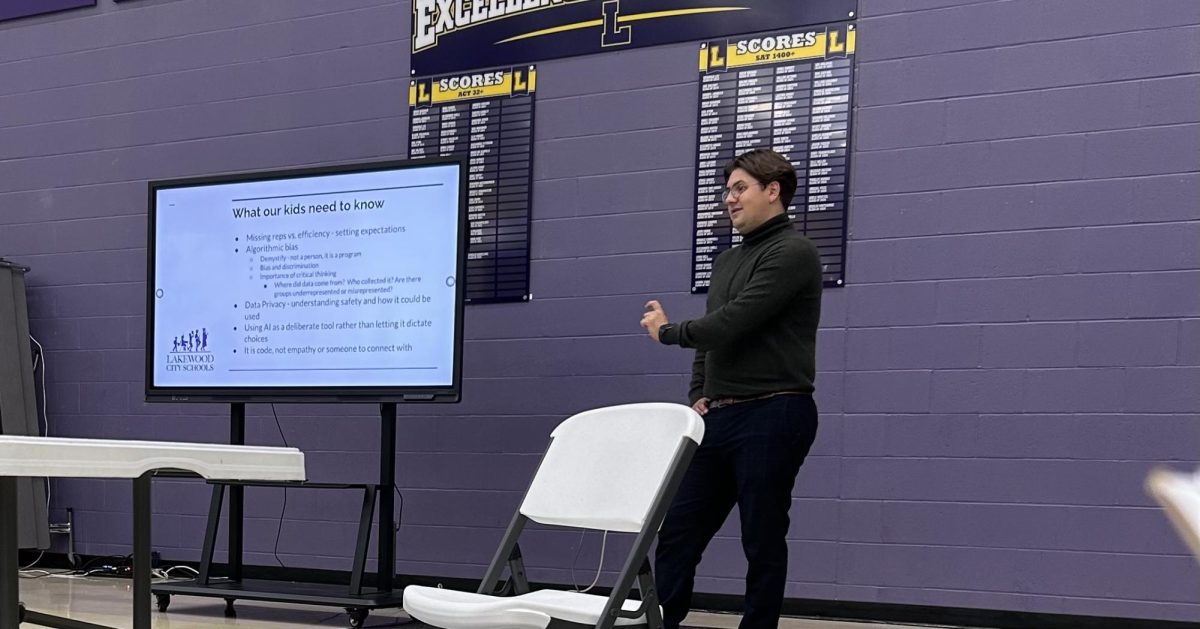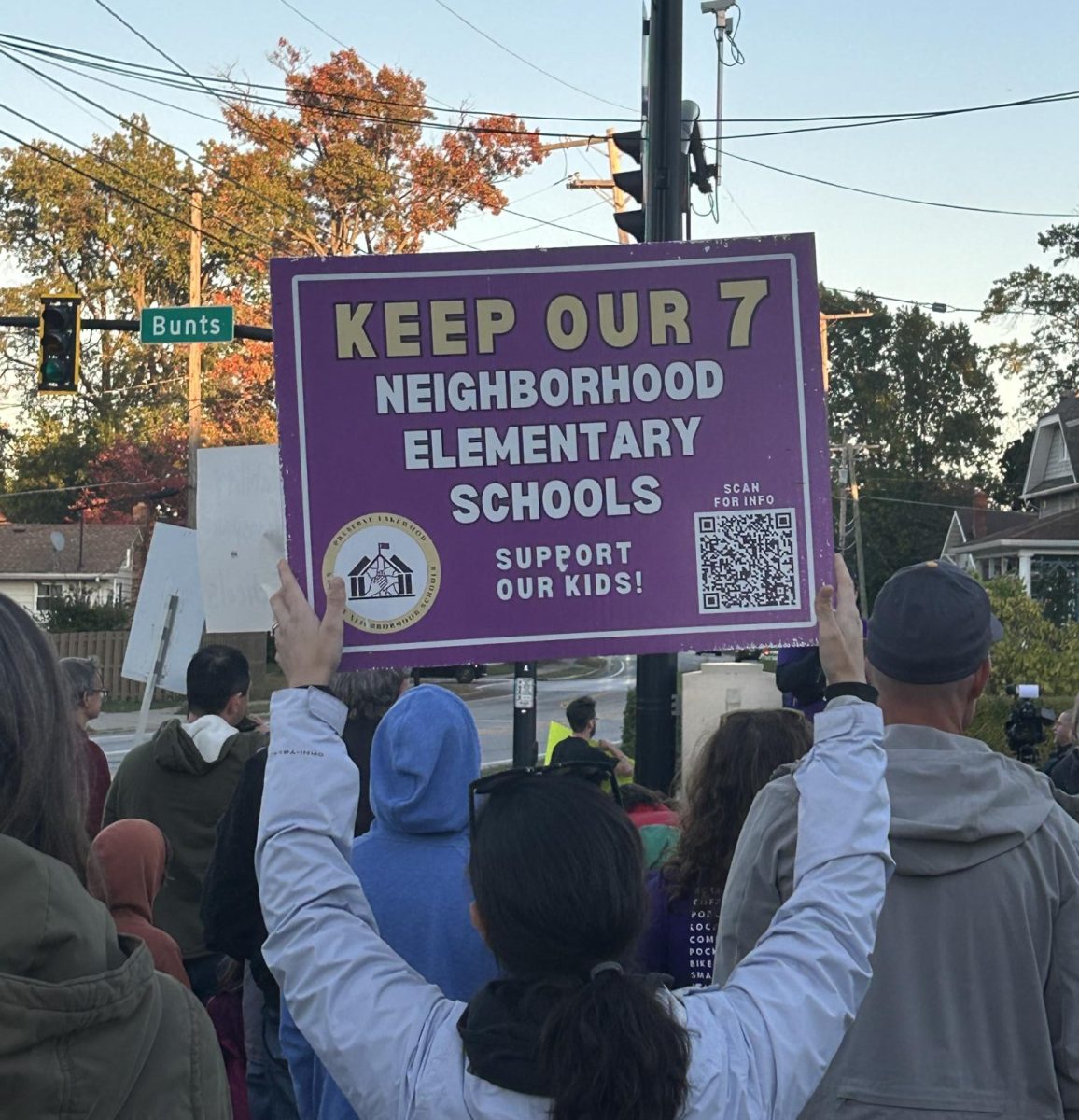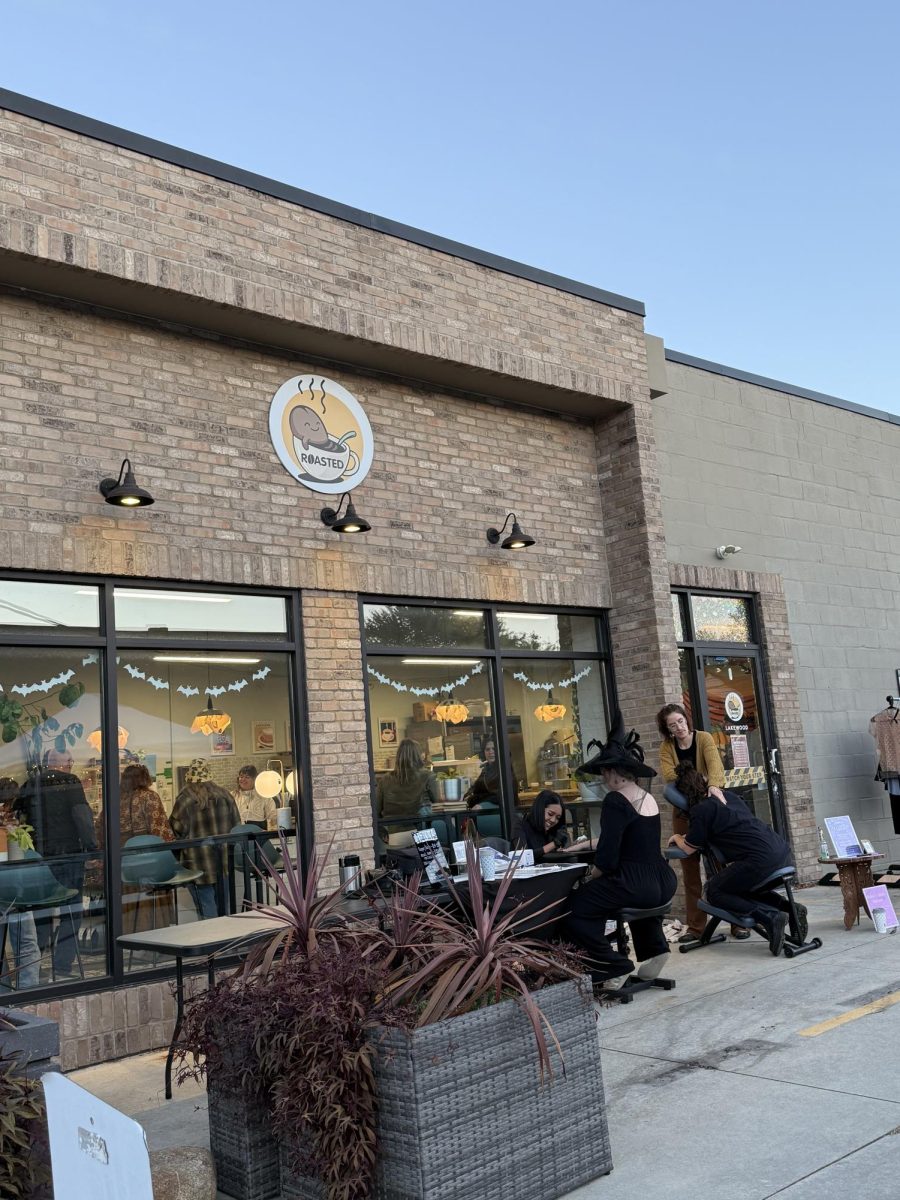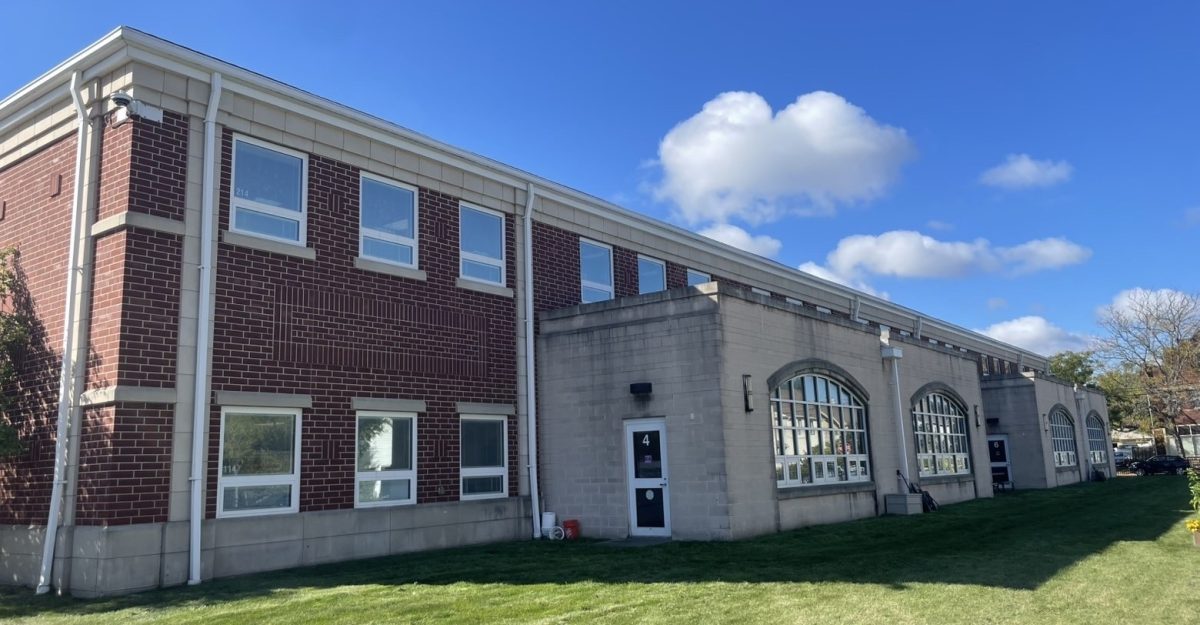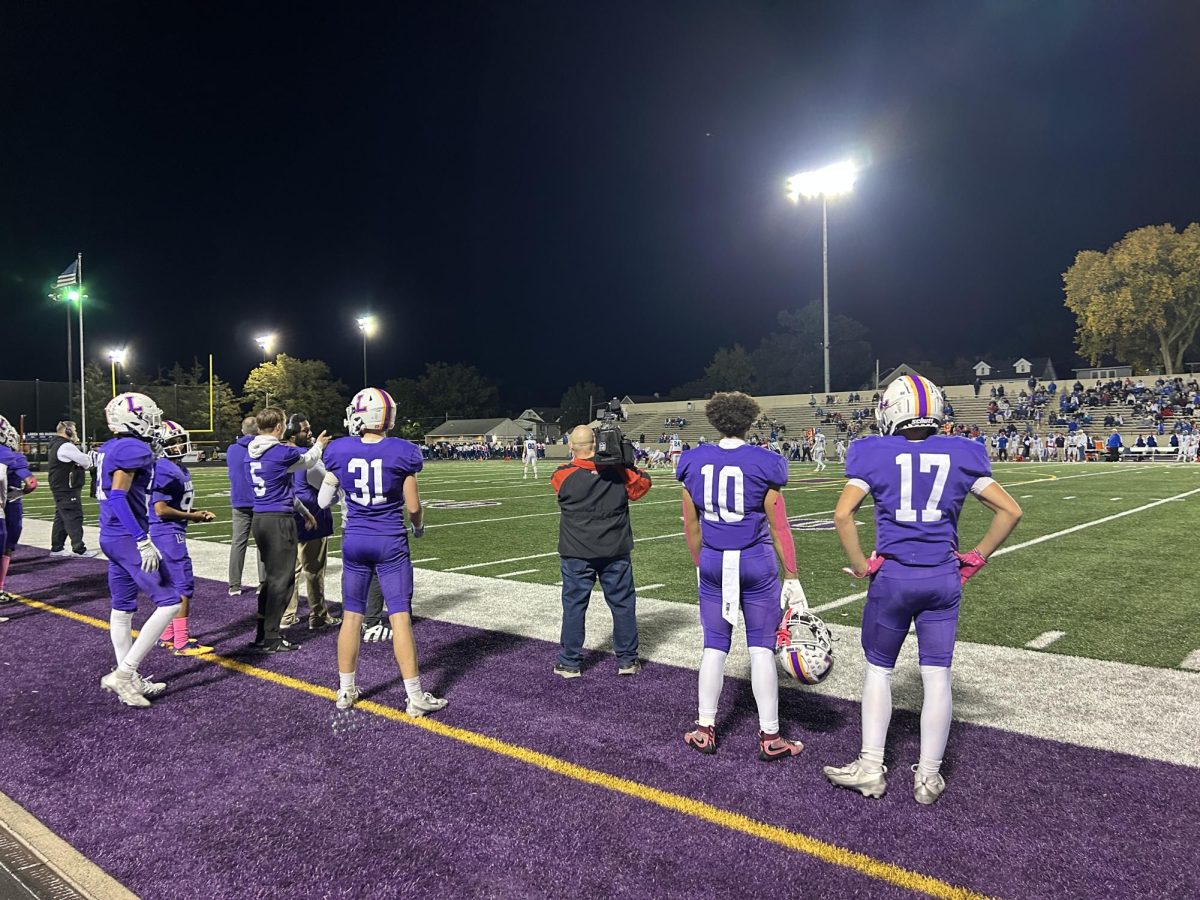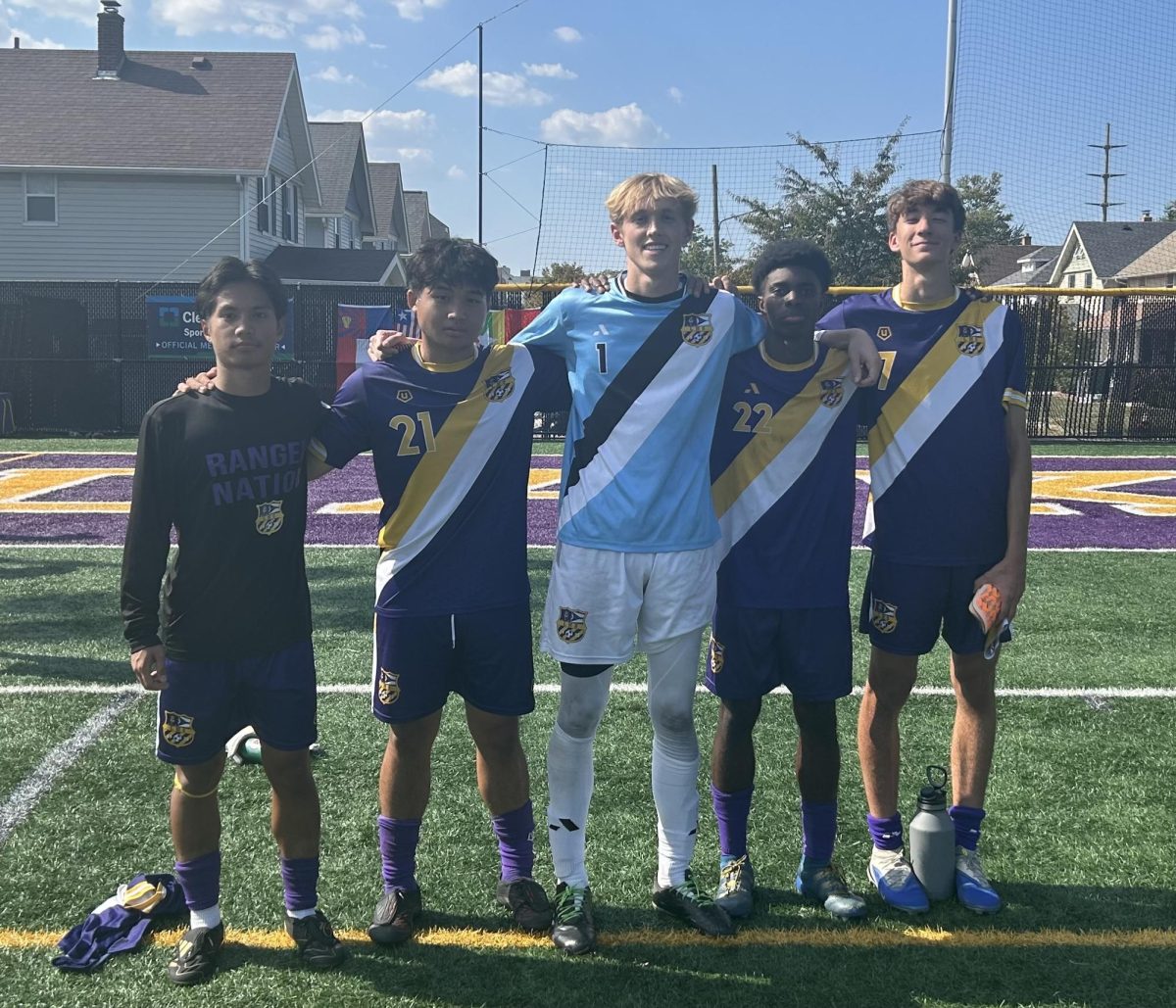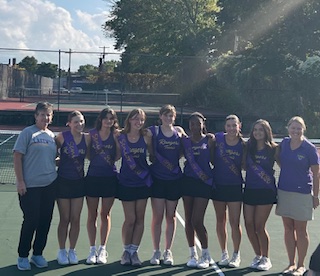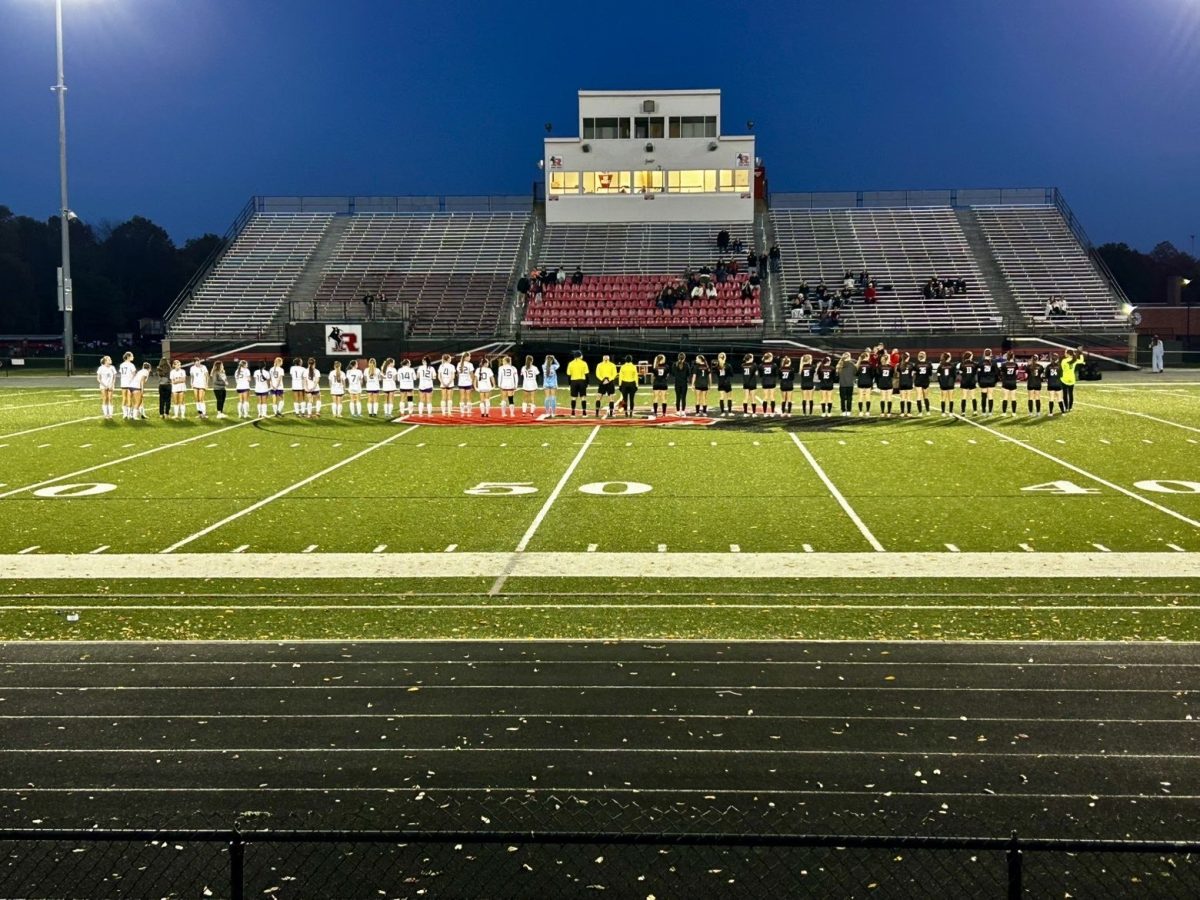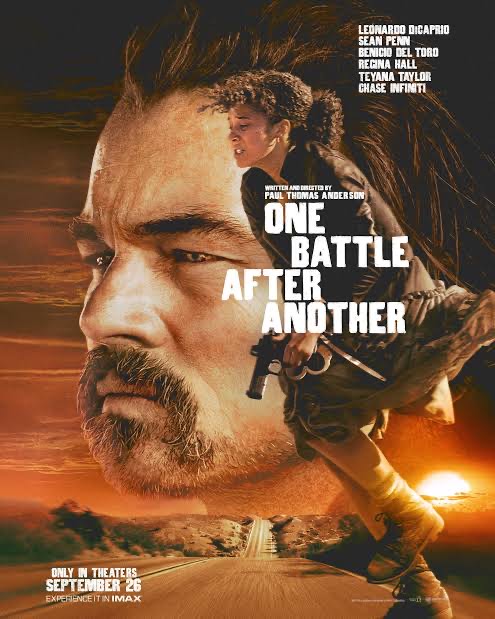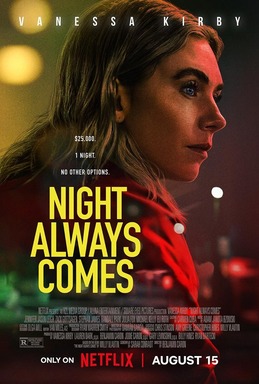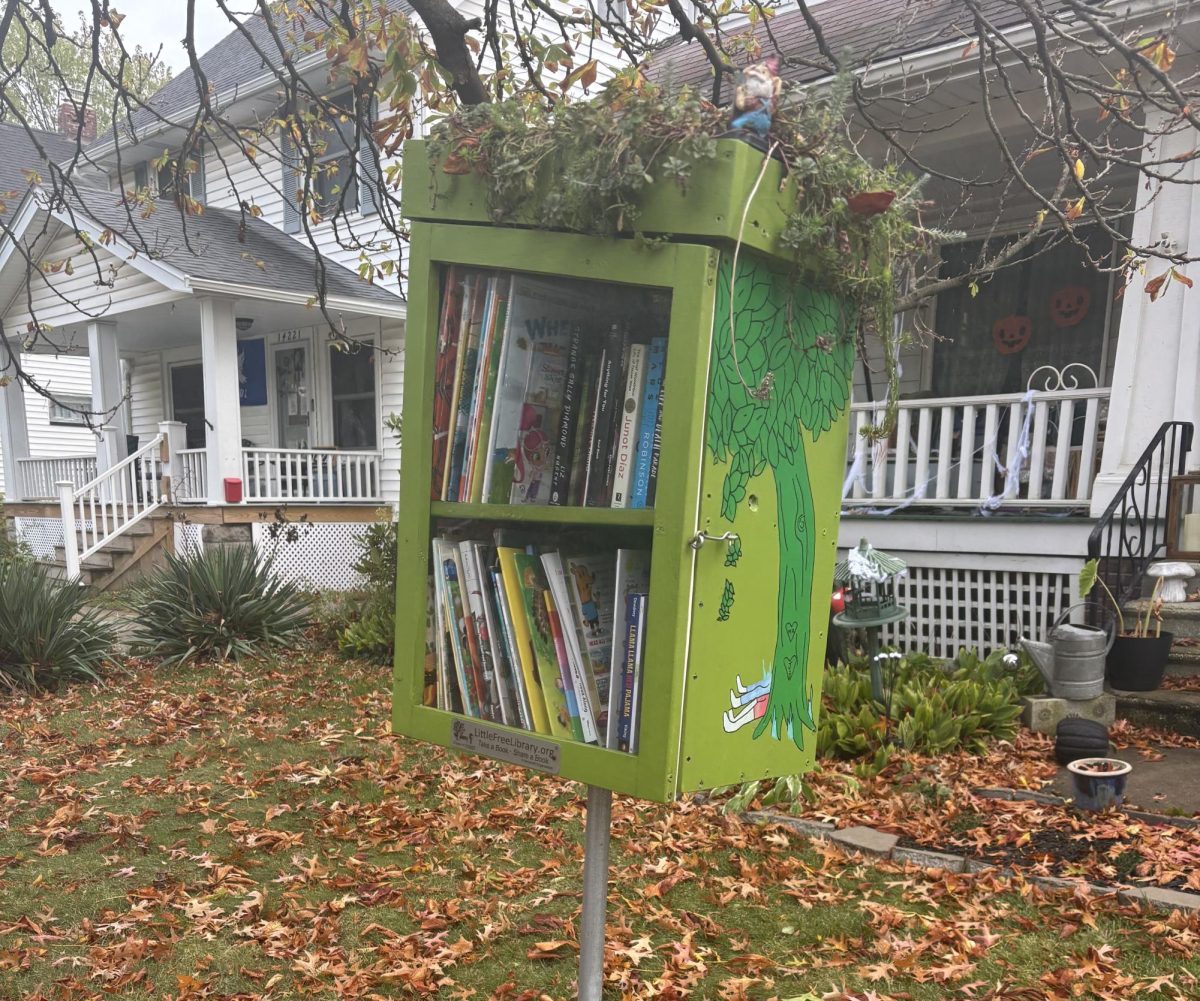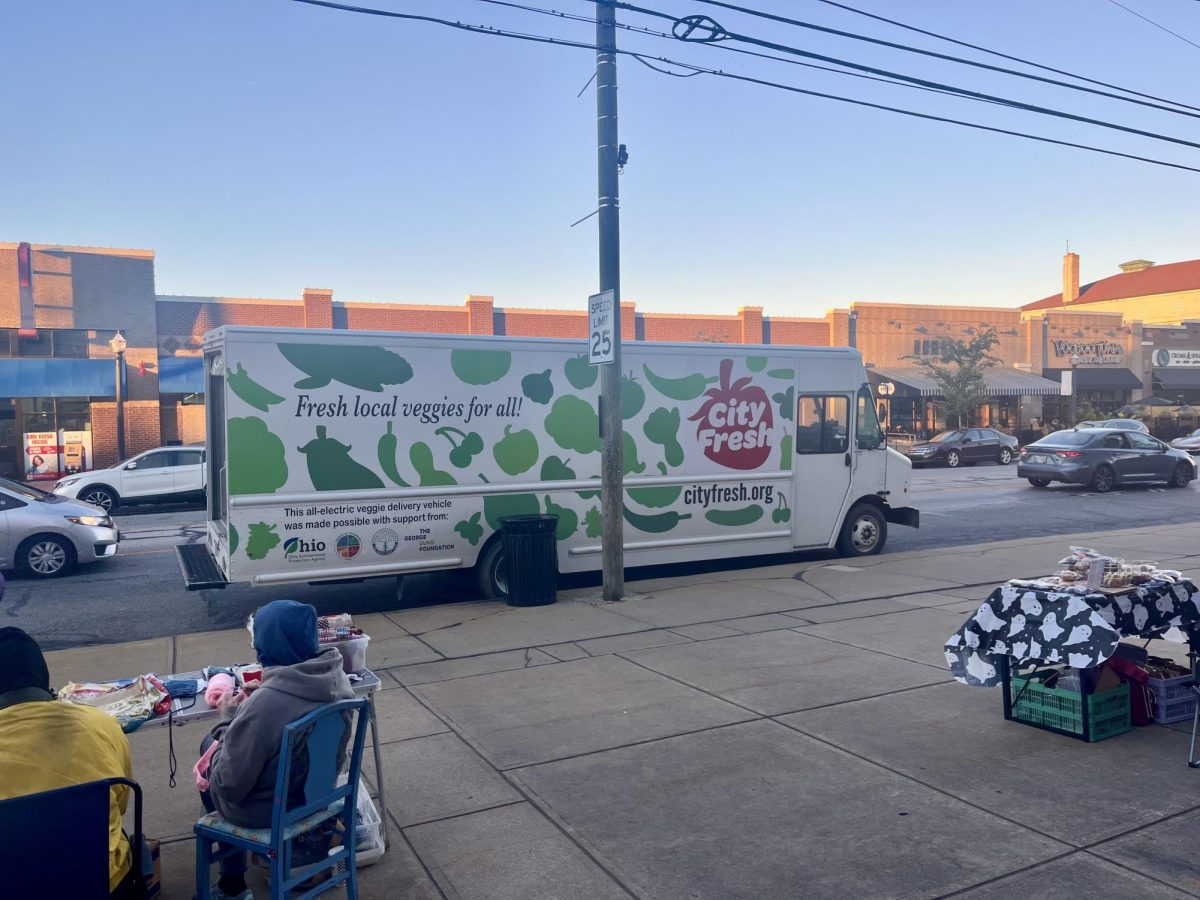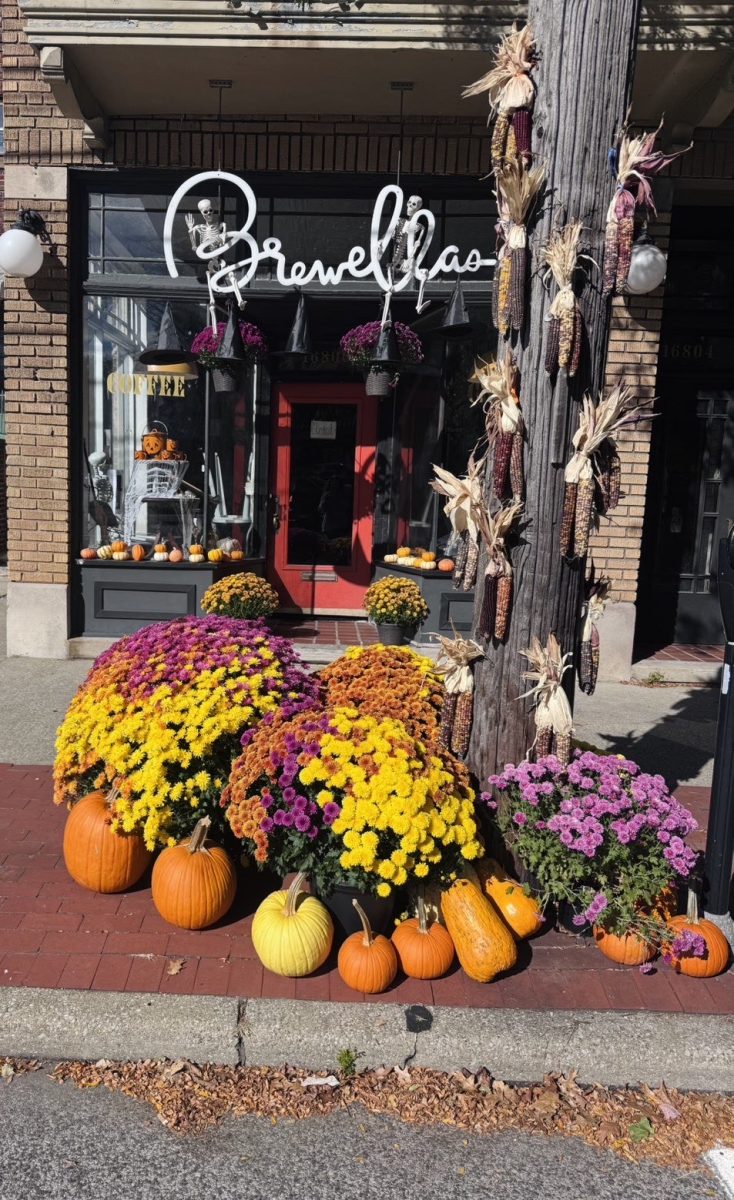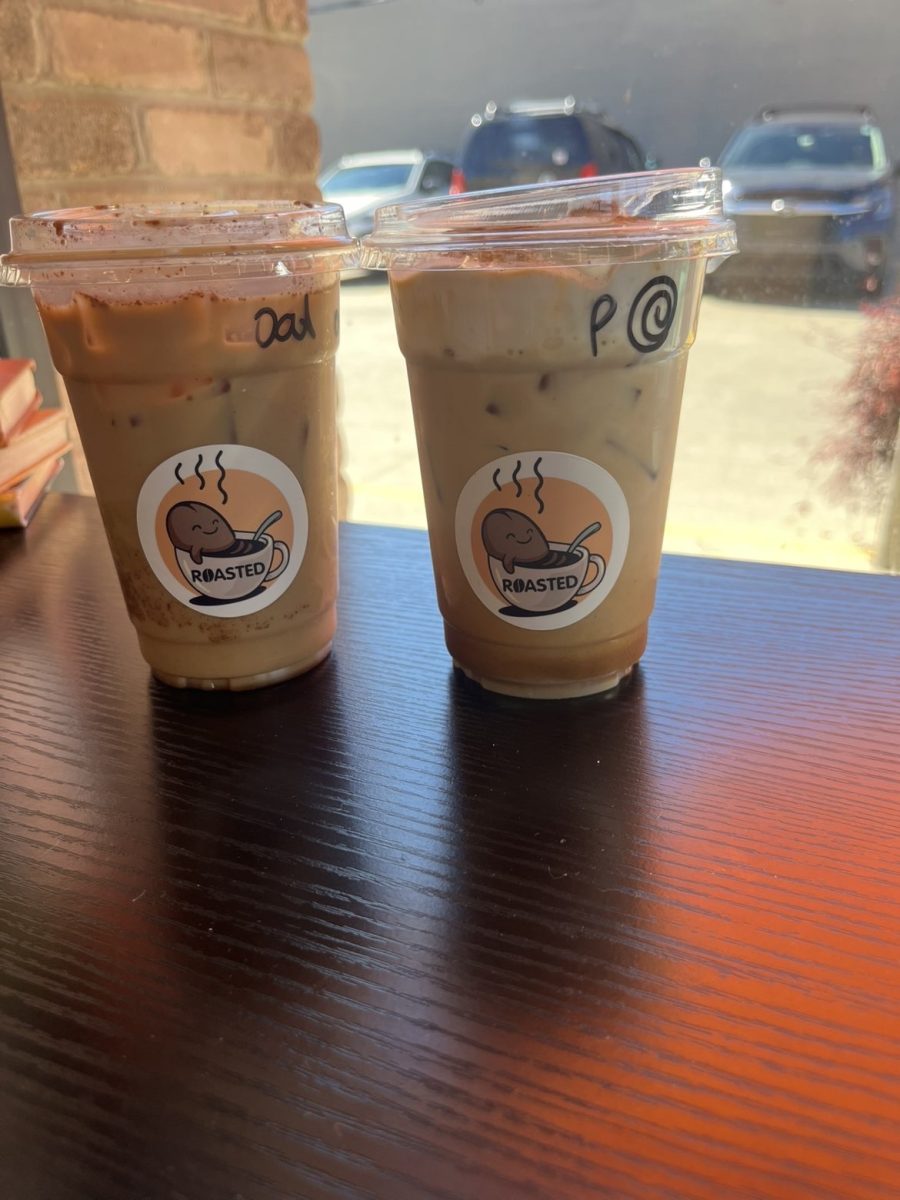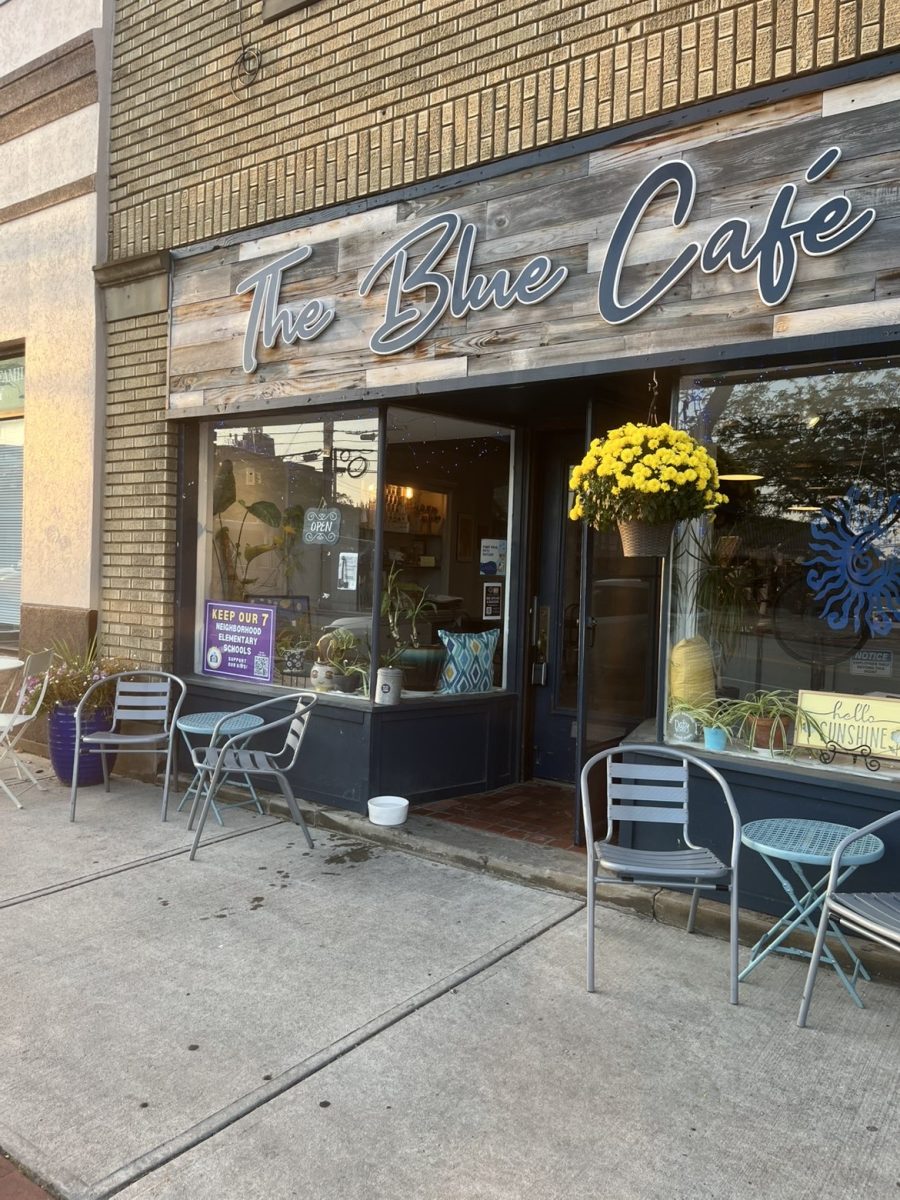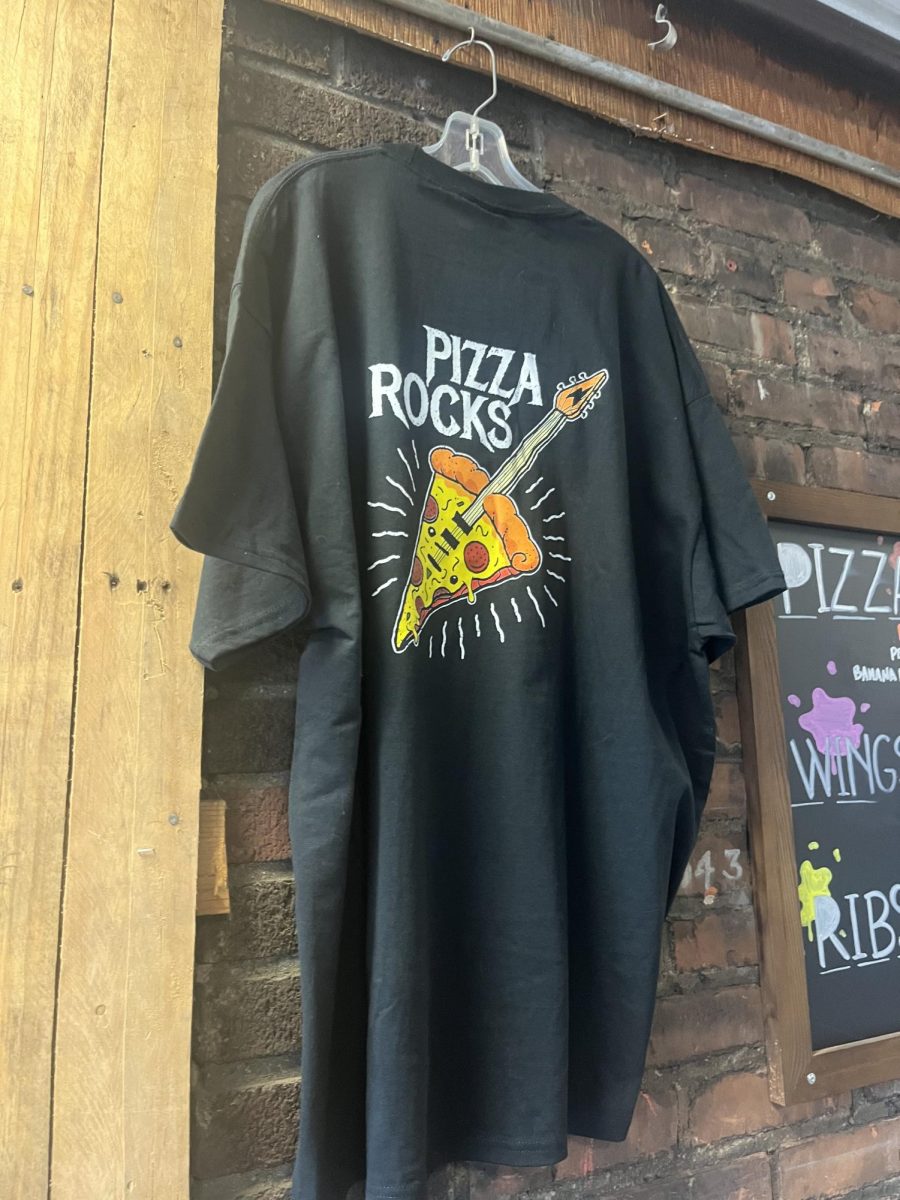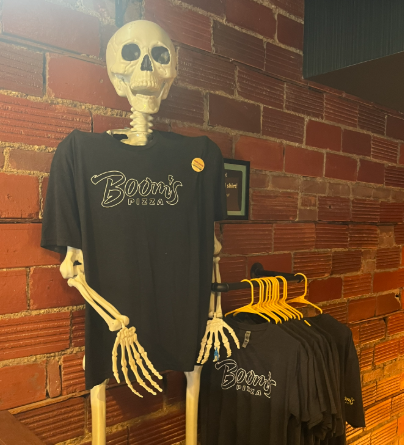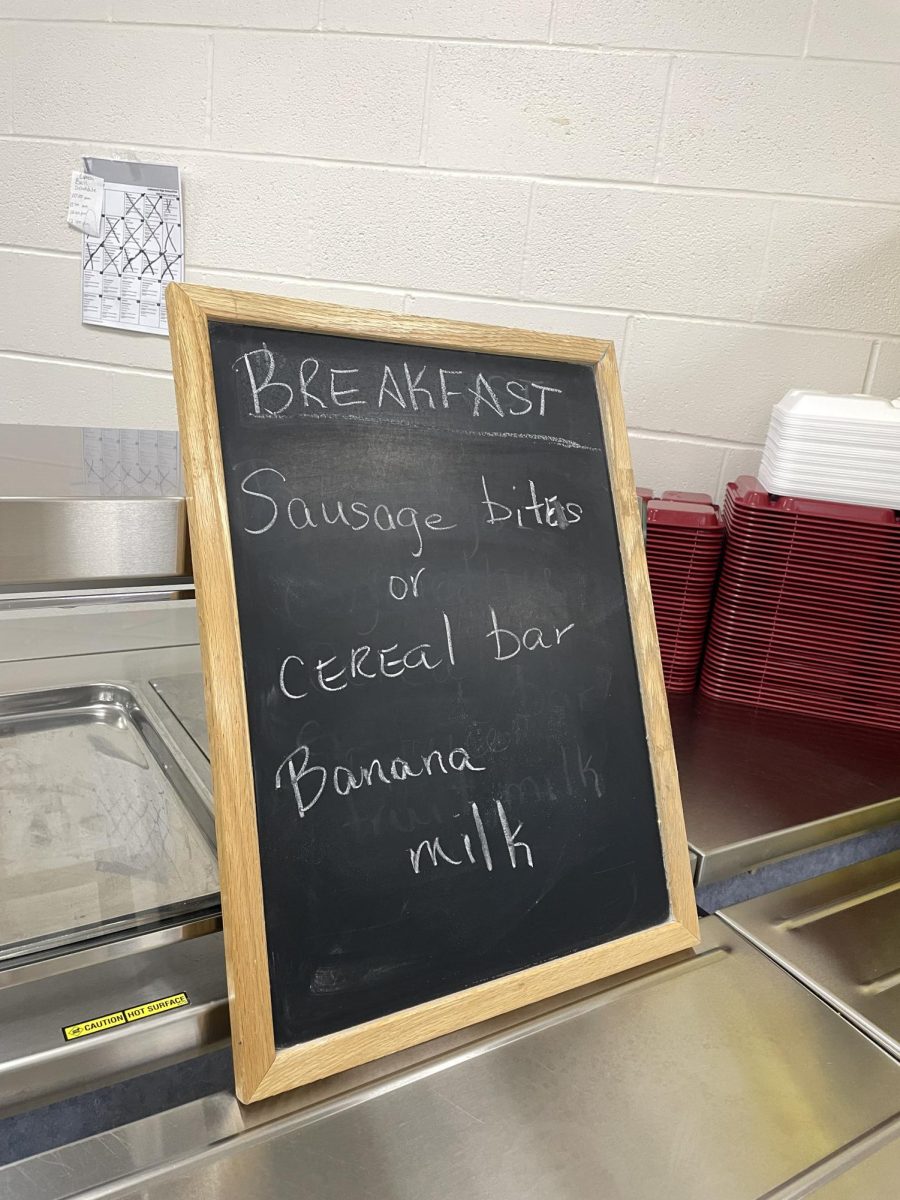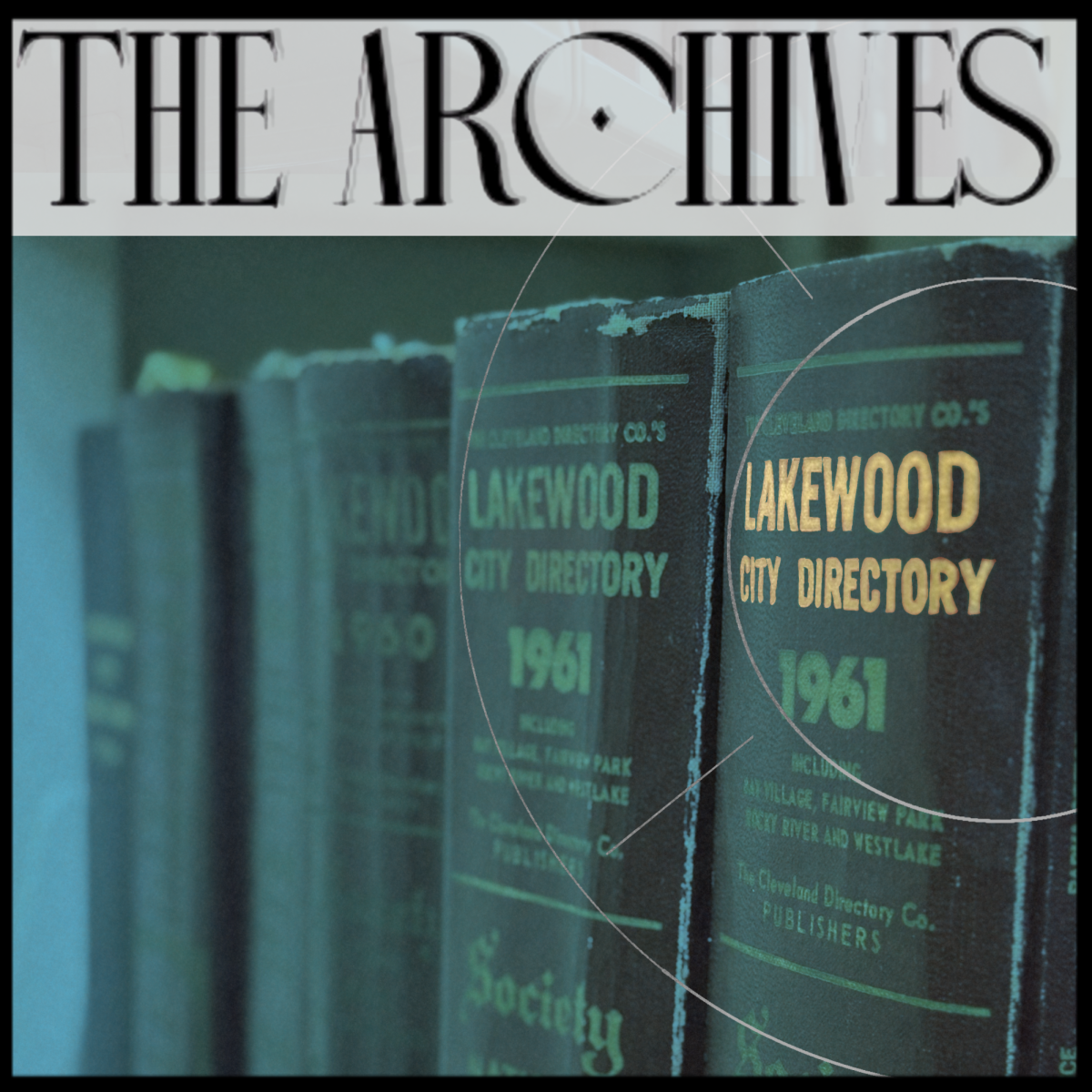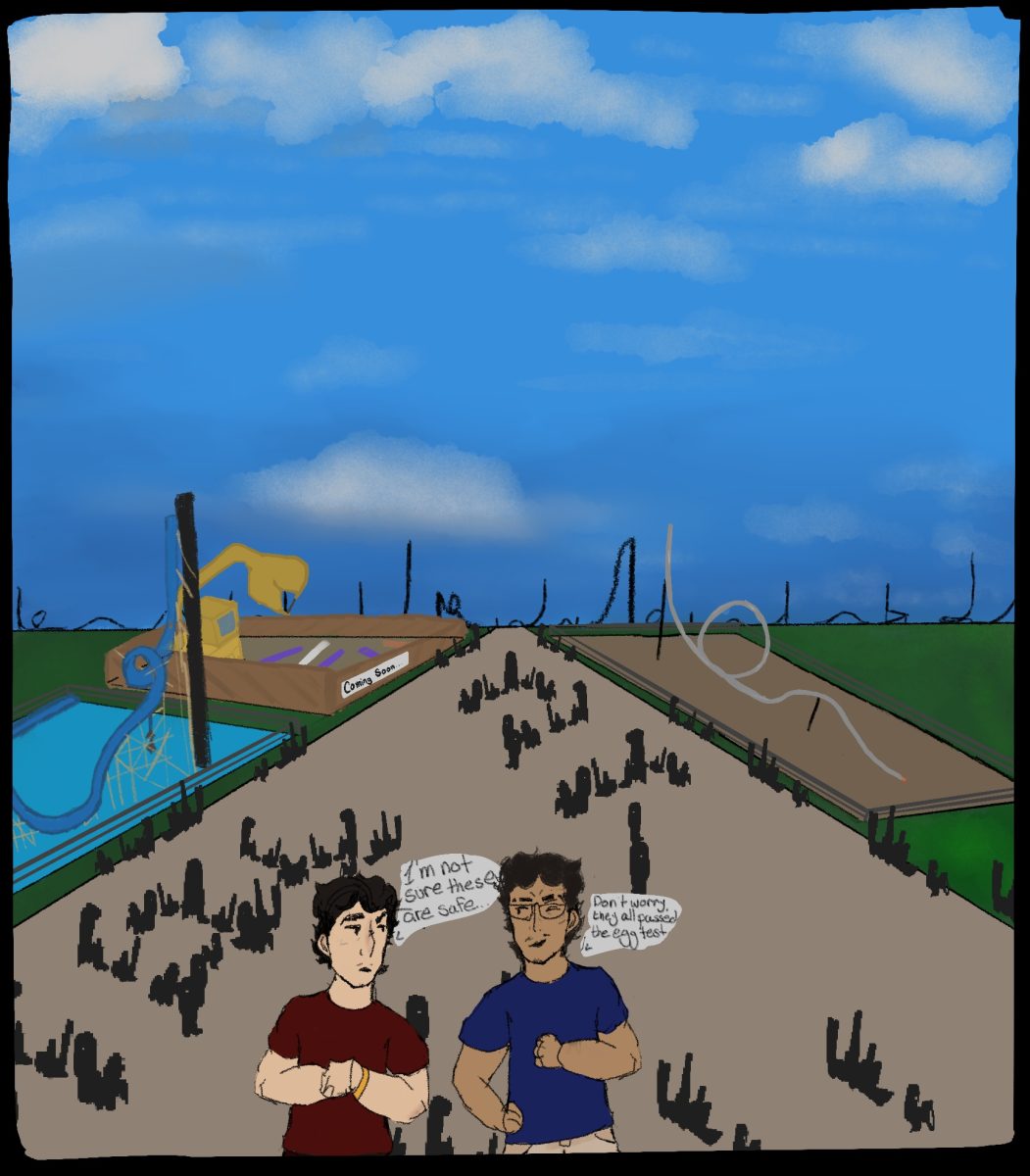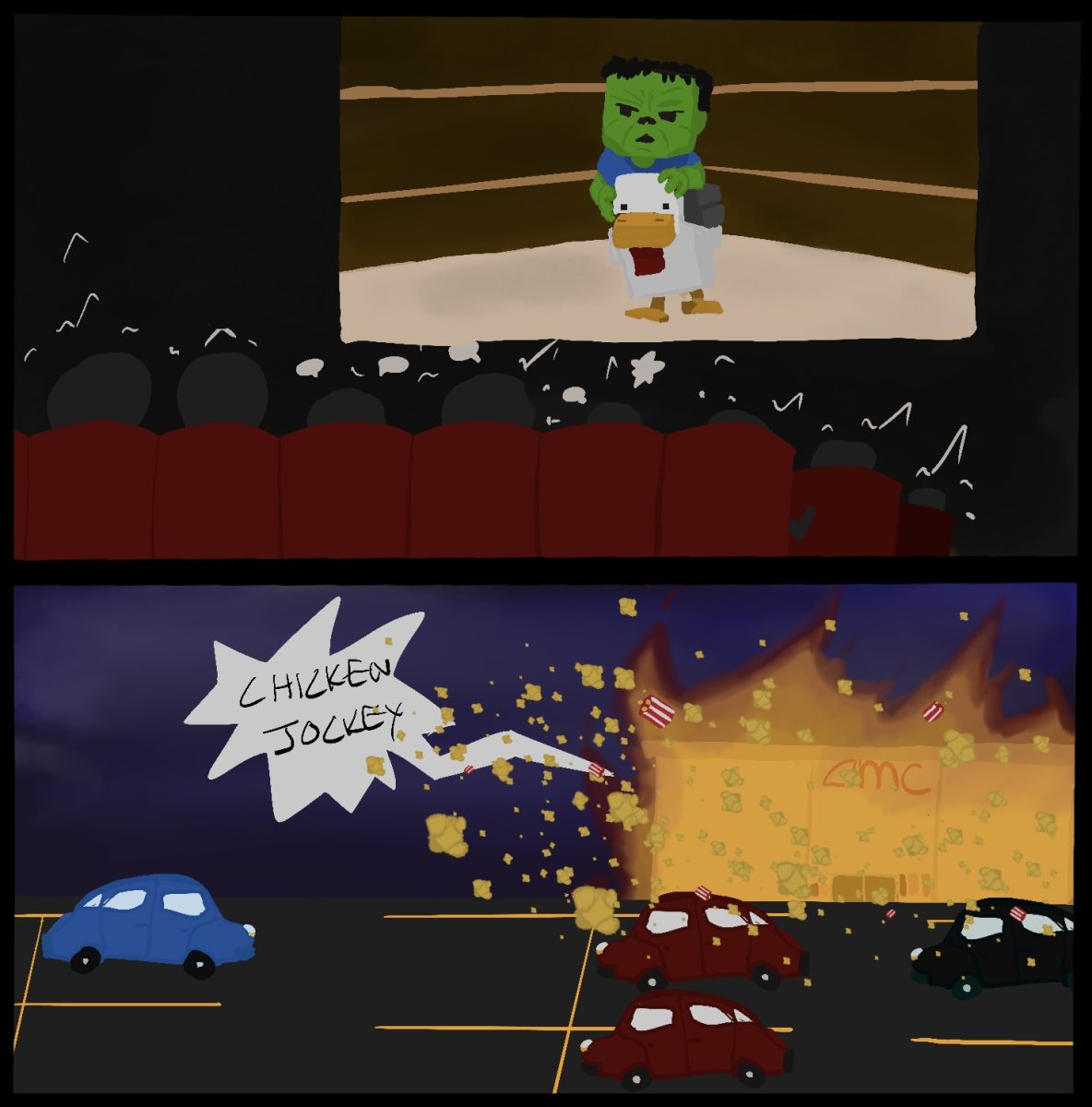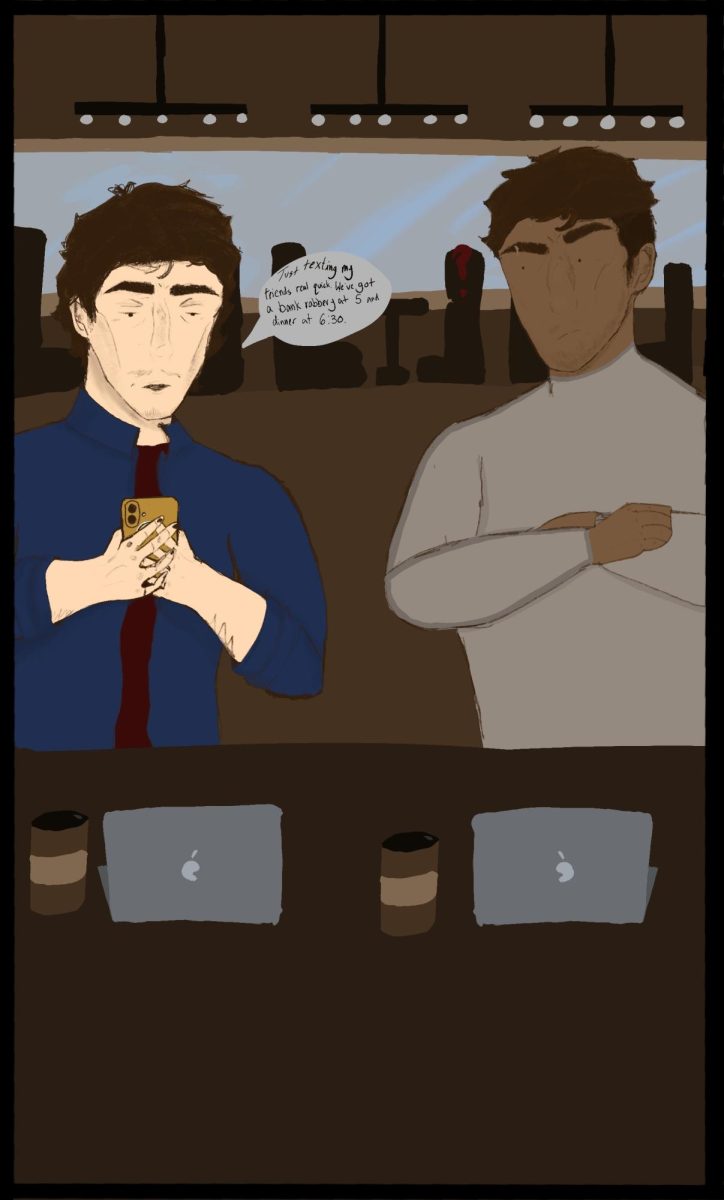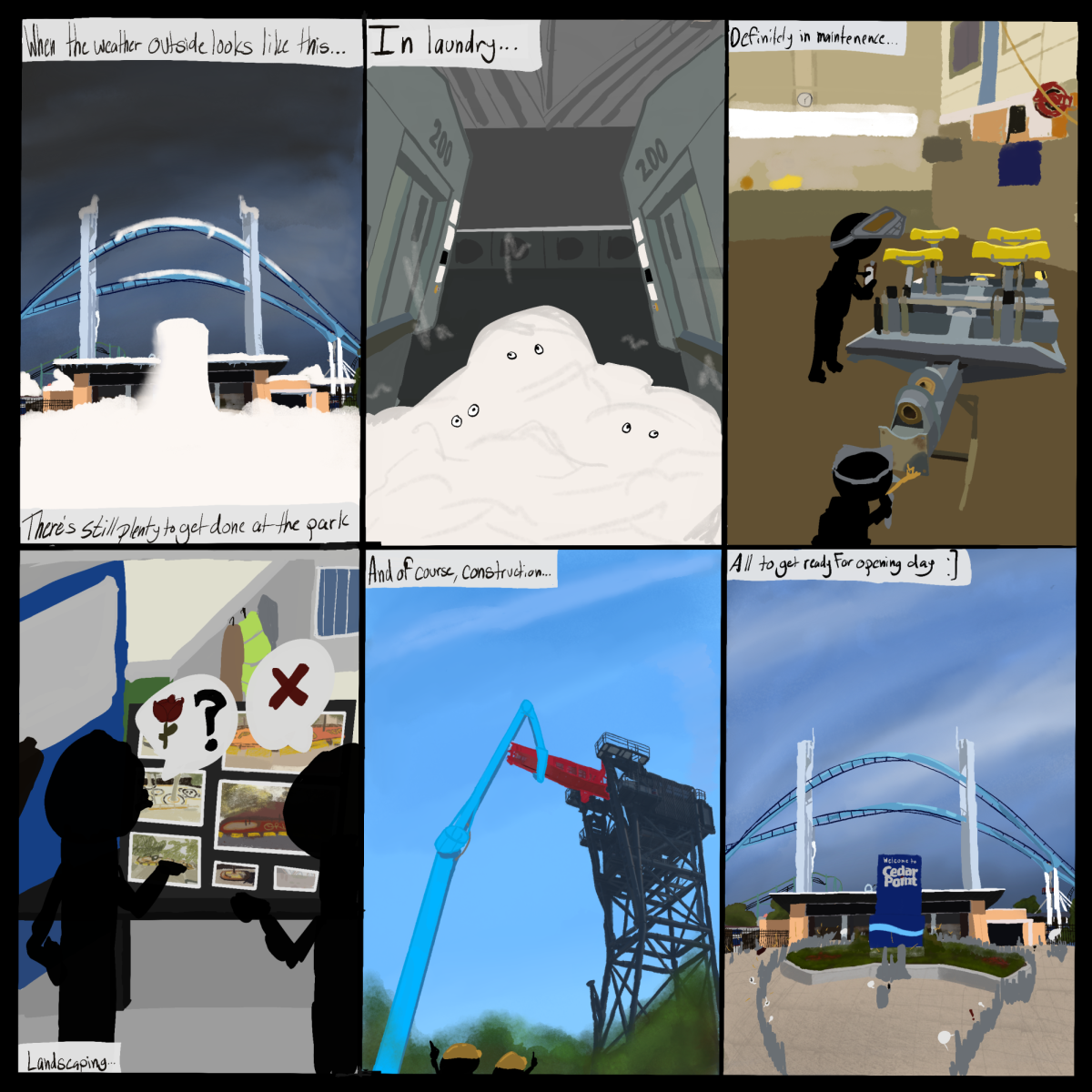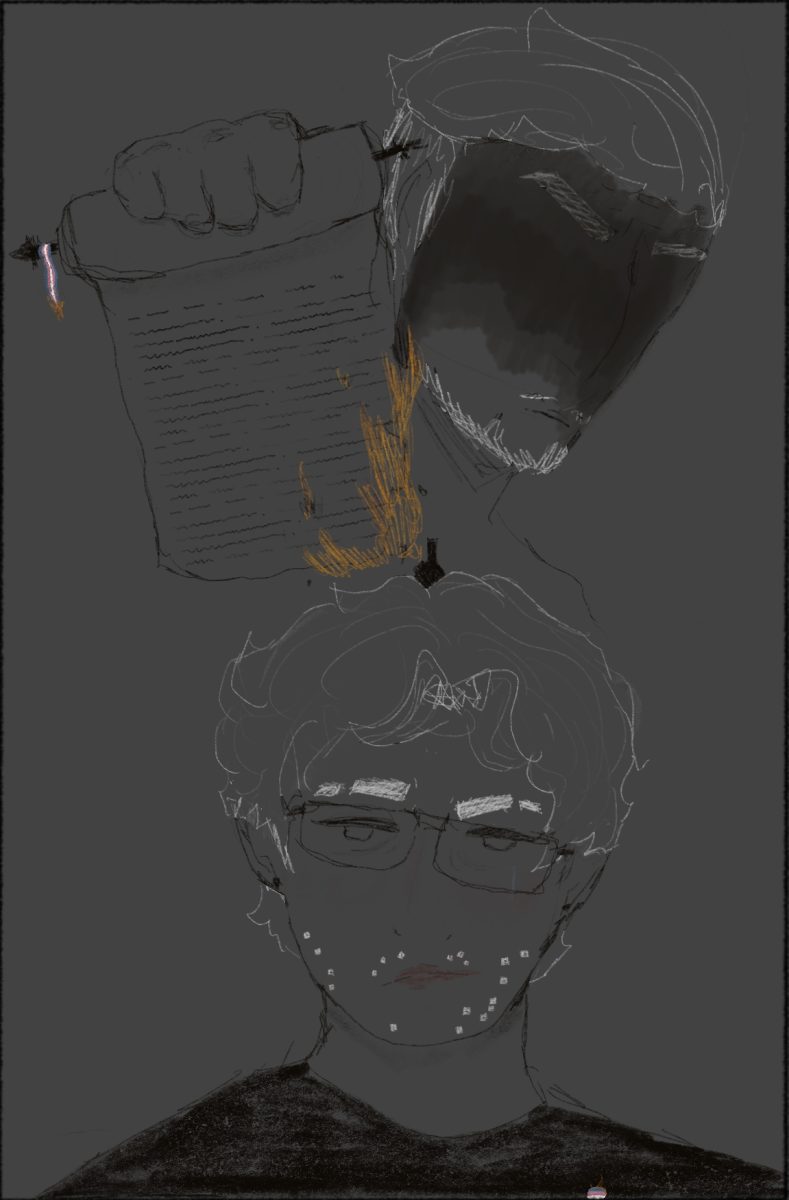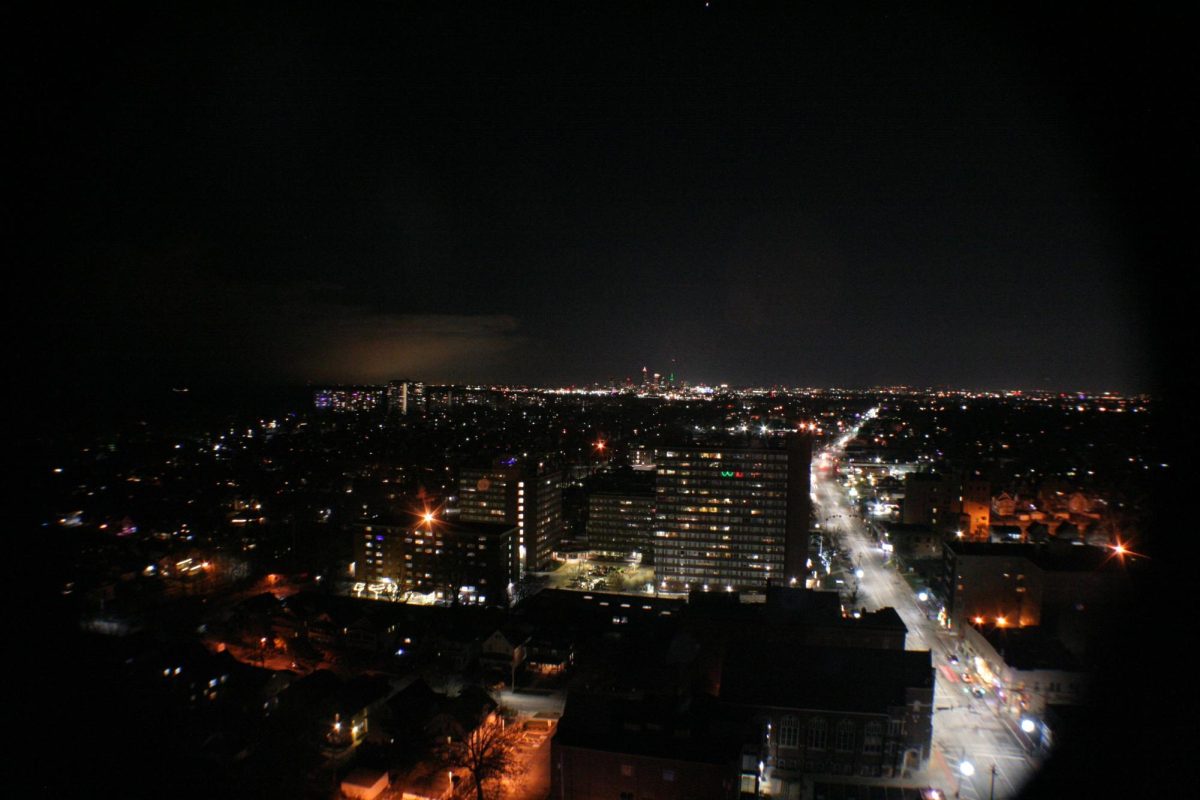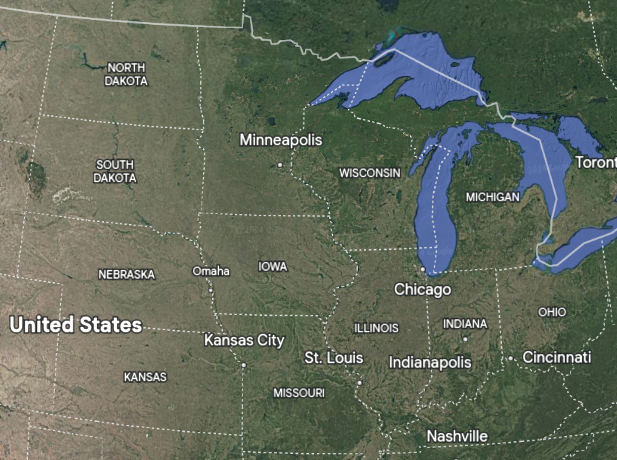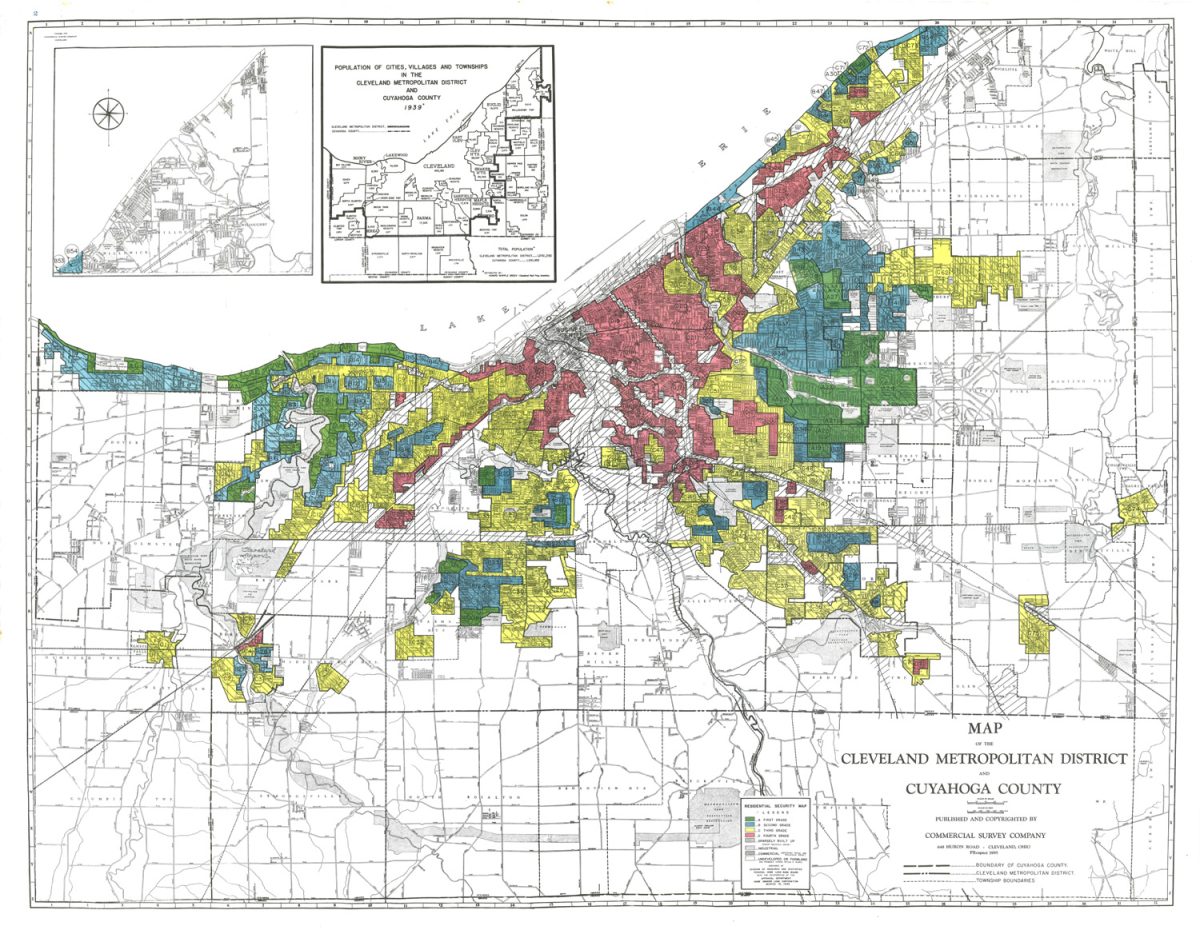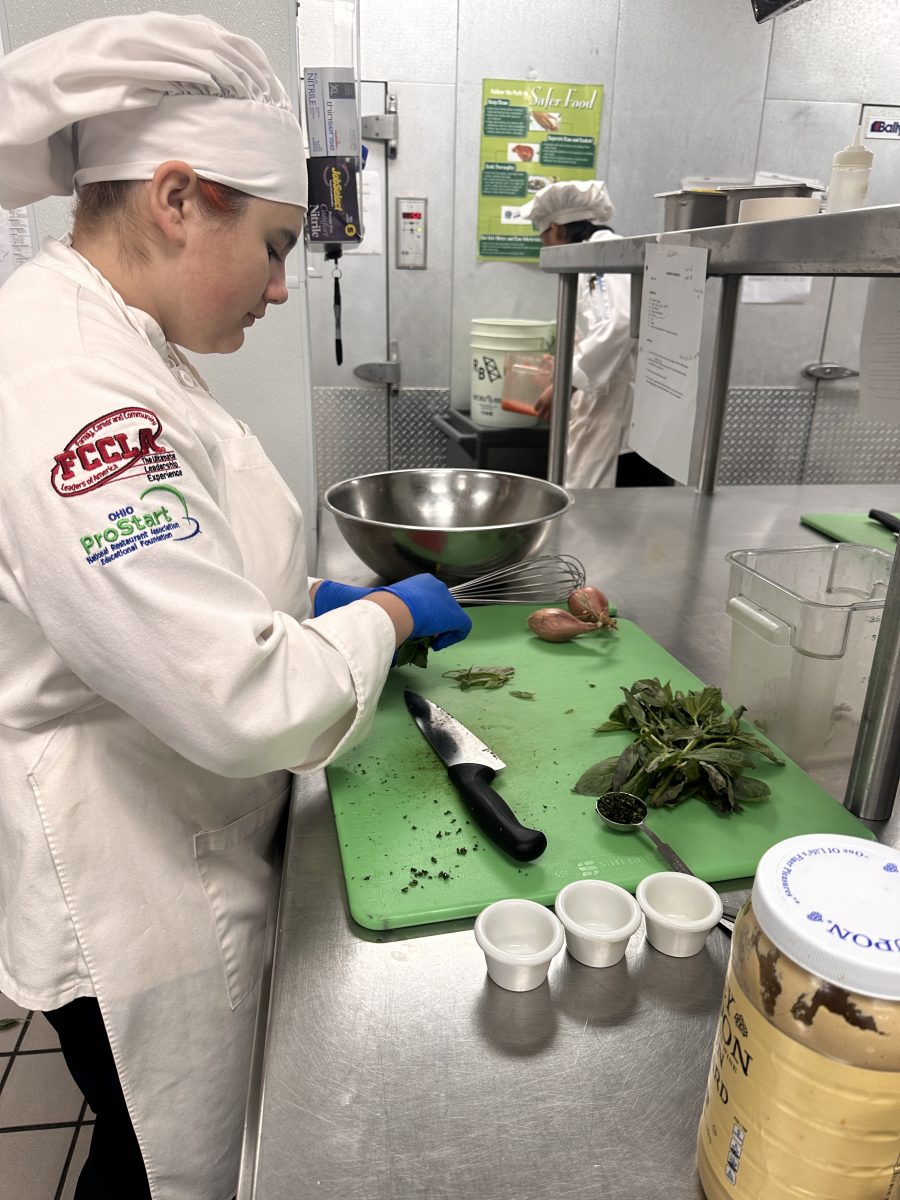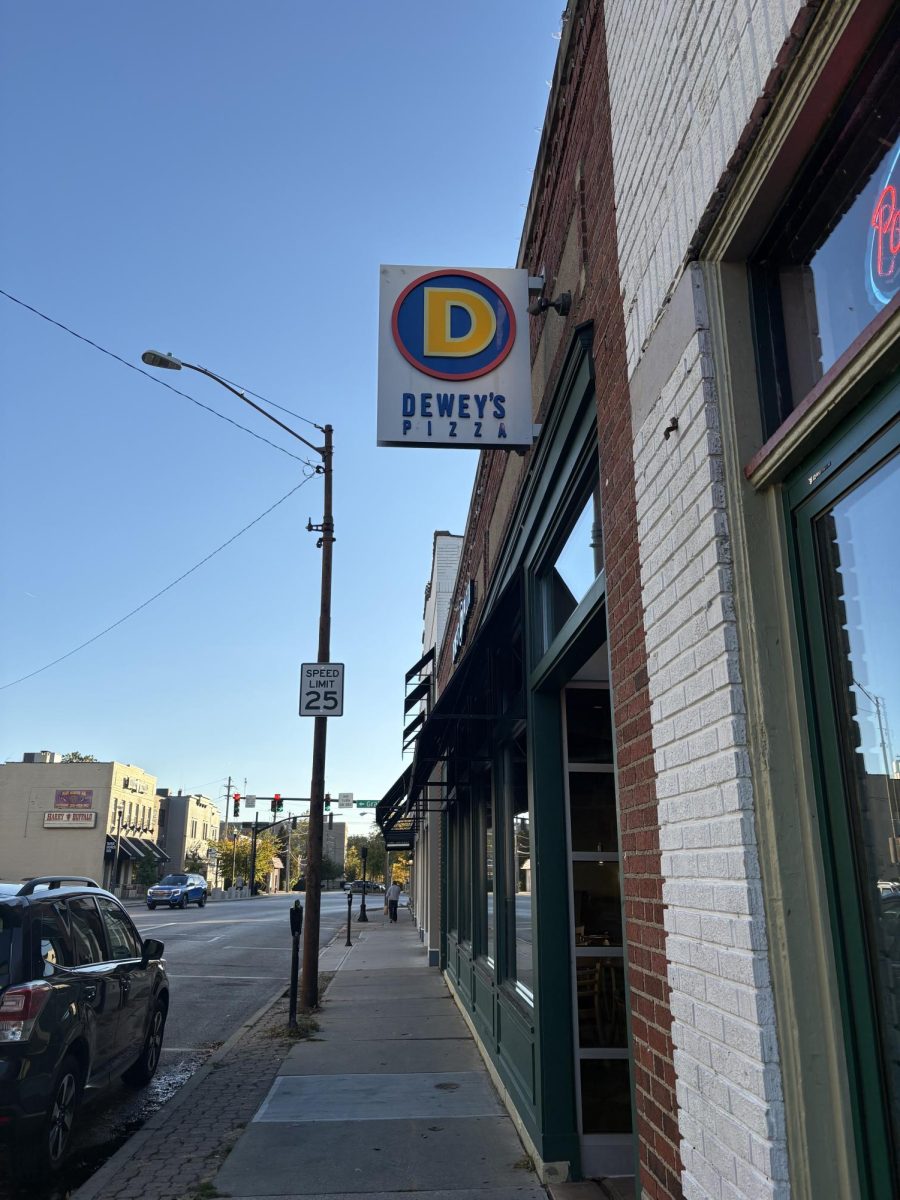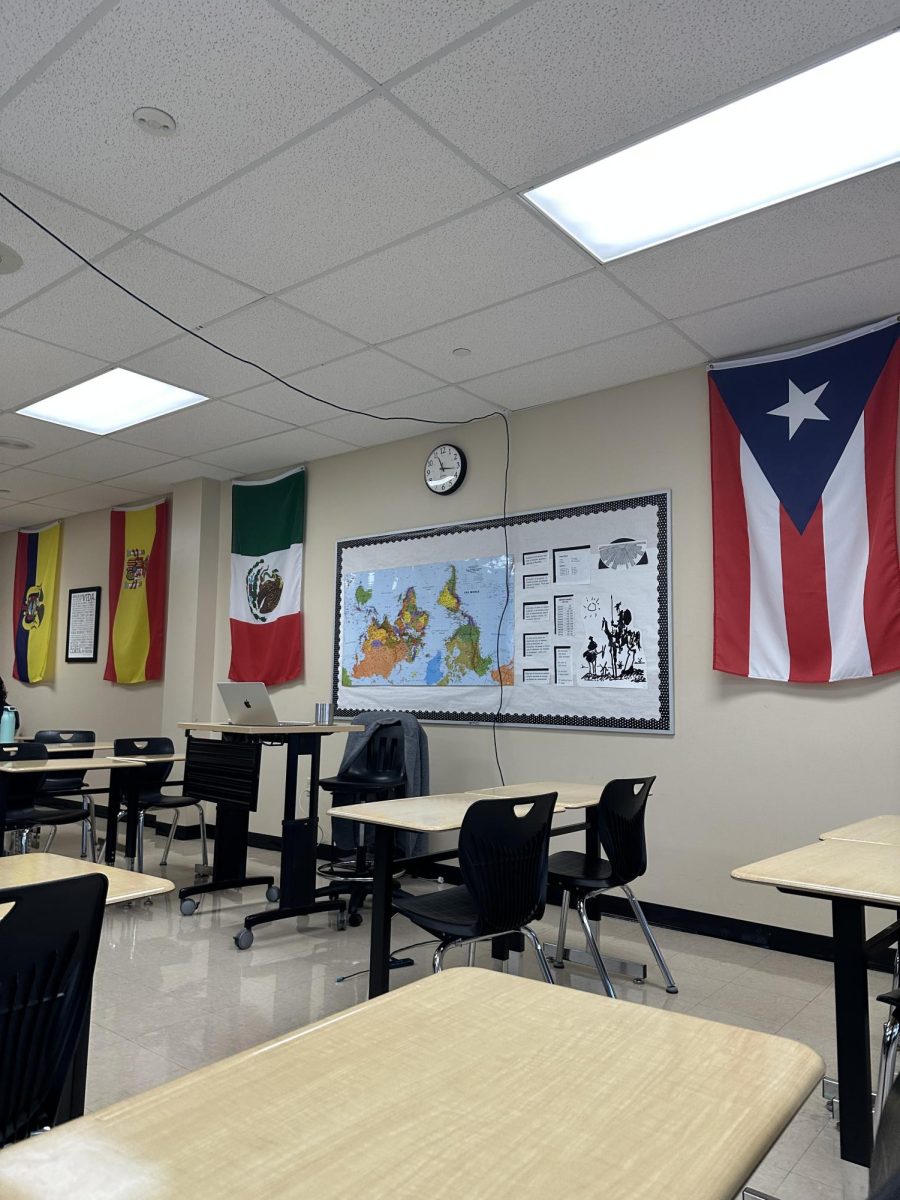Stepping foot into the culinary arts class, you see everyone in the kitchen whisking together ingredients, sautéing, baking, and more. But what makes the culinary arts program different from other cooking classes? It could be the layout of the kitchens, the complexity of the recipes, the diligently working students, or maybe the atmosphere — the hustle and bustle of a kitchen.
“My favorite thing about this class is the creativity I get when I’m making the food,” senior Carmine Adkins said. “You can do a lot of what you want. I feel like it is a bit basic, but at the same time it still gives us opportunities to like, see where we could take our careers.”
Many students favor the program, making it the first choice for many who seek food-related experience. The culinary program provides unique opportunities beyond simply following recipes.
“It’s kind of a collaborative thing,” Chef Corti said. “Our restaurant has been open for about 15 to 16 years now, and both Chef McGorray and myself are kind of the final say, but we try to get student input.”
The class is also recommended for people with no prior experience in cooking. All you need is an interest in the subject and the desire to learn.
“Students can take this program without any experience,” Chef Corti said. “Junior year you’re going to get all the fundamentals…it’s very, very basic in the very beginning, and then you kind of build on that as you go throughout the program.”
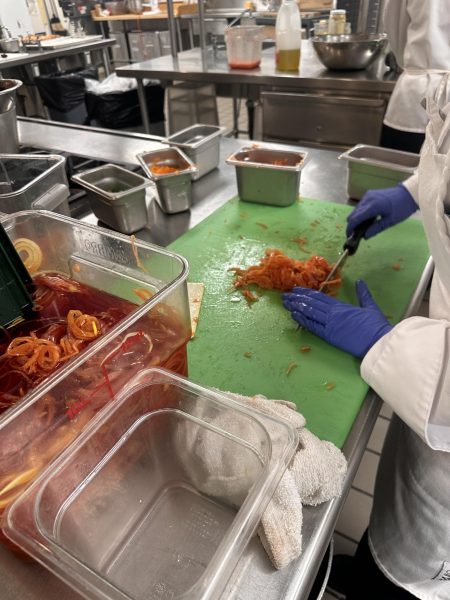
Another aspect of the program is the competitiveness. Although it may only be a high school culinary program, it still represents and provides opportunities for its students.
“I wanted to do the competitions and stuff that they offer here,” junior Gino Chambers-Decker said. “You can go out to state or even nationwide, and you can win money or even trophies.” There are also several cooking shows students can get on to showcase their skills.
Students have the chance to develop new and unique recipes, either individually or as a class. Cooking is not merely a hobby; it’s a way of artistic expression for many people, including Chef Corti.
“I love to cook,” Chef Corti said. “I’ve always cooked since I was a young child, and so taking the program and having that passion really made it an easy choice for me.”
Although seemingly simple to some, other recipes present challenges, even to experienced professionals.
“A lot of our breadmaking is more challenging just because you need to have some experience in that,” Chef Corti stated. “When we bake sales like making pies, I feel like that’s a bit more advanced, especially when we make our pie dough from scratch.”
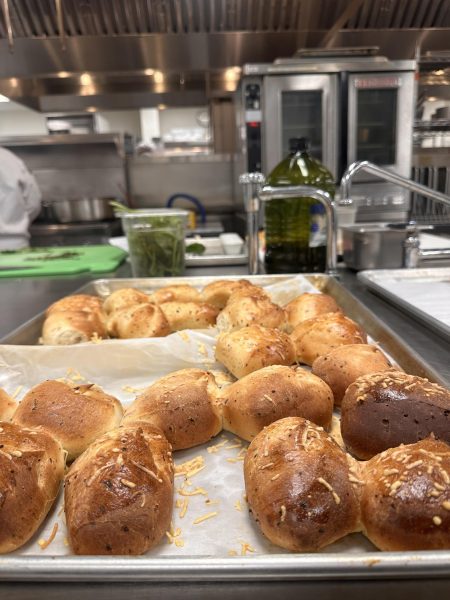
Gino Chambers-Decker would somewhat disagree with the dough being the most difficult. “The roasted tomatoes are probably the hardest, it is a lot of labor time. It’s not really hard, just time-consuming.”
Carmen Adkins had a different thought. “Our spicy chicken is probably the hardest. We have to pound it out, store it, then we soak it in like a hot sauce and buttermilk mixture.”
Running any business is arduous, but operating a café presents its own hurdles. With growing awareness of nutrition and health, there is increasing demand for restaurants nationwide to provide inclusive options on their menus.
“We are aware of any type of dietary restrictions or allergies,” Chef Corti said. “We make sure that whatever we are making, we list that information for our customers, and I do try to eliminate, or at least have options for our vegetarian eaters.”
Not only is cooking a way to express yourself, but it’s also a critical skill. Whether you’re pursuing a culinary career or merely hope to gain life experience, the culinary program is a good West Shore class to consider. You learn how to cook and bake and meet new people who share the same passion and interest. Juniors and seniors, with or without prior cooking experience, highly recommend this class. There may be other cooking classes, but this is one of the best.


